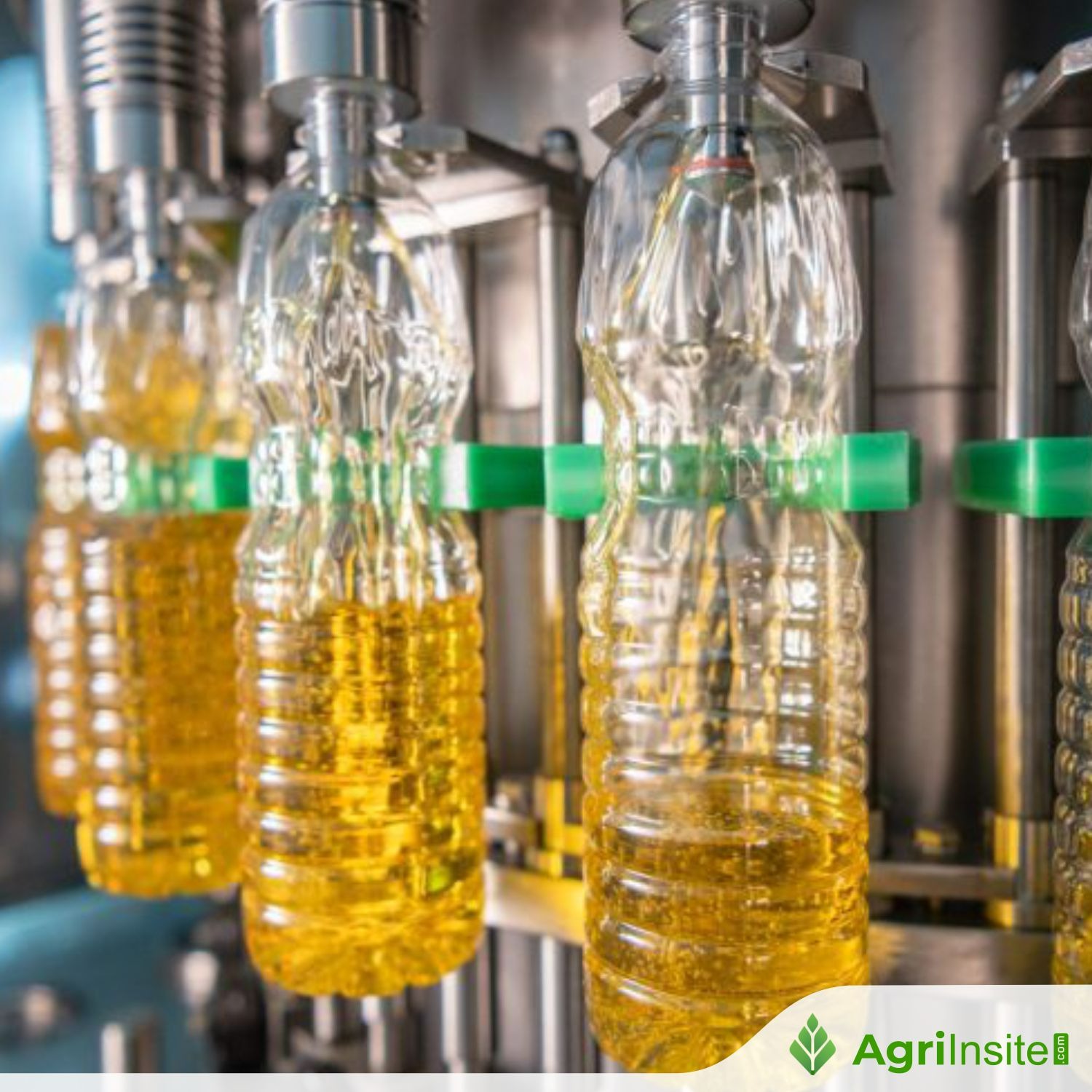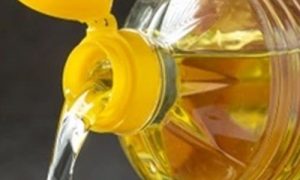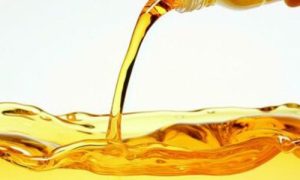Halder Venture acquires Haldia’s KS Oil from bankruptcy court after long legal process

Halder Venture Ltd (HVL) has acquired the Haldia manufacturing unit of KS Oil Ltd for approximately ₹64 crore, aiming to restart operations within three months. The 20-acre facility includes a 500-tonne-per-day edible oil refinery. HVL plans to invest an additional ₹50 crore over the next year to revitalize the plant, potentially creating 500 jobs.
Halder Venture (HVL), a century-old homegrown company involved in rice export and edible oil, has acquired the Haldia manufacturing unit of KS Oil Ltd from bankruptcy court after a protracted legal process.
HVL has taken the physical possession of the asset, bought from the liquidator and approved by the National Company Appellate Tribunal earlier this month and it plans to restart operations within three months.
The company paid about ₹64 crore for the asset, which includes a 20-acre plot leased from the Haldia Dock Complex and an edible oil refining facility, and invest another ₹50 crore in the next 12 months to revive the closed plant. In the process, it hopes to create 500 new employment opportunities.
HVL expects the port-based plant would pivot the expansion of the edible oil business, which has mostly been limited to bulk sales so far, to a branded play. “You will see us aggressively going to the market with branding and marketing of edible oil and rice in the next two years. The acquisition of the KS Oil asset is a step in that direction,” Keshab Kumar Halder, managing director of HVL, told The Telegraph on Sunday.
The company, which will clock a turnover of about ₹900 crore in FY25, is listed on the BSE. Halder said he expects HVL to maintain a revenue growth rate of 25 per cent on an average for the next five years.
KS Oil’s Haldia unit, which has a 500-tonne-per day (TPD) capacity, itself can potentially drive ₹1,500 crore revenue growth. HVL’s existing oil refinery at Siuri, Birbhum, is constrained by logistics. After crude/semi refined oil is imported at Haldia, the liquid is carried by road to the plant and then sent to the market after processing, adding to the cost.
In contrast, the Haldia unit, encompassing a 33,000 tonne storage tanks facility and a packaging unit, is connected by a pipeline from the edible oil jetty at the port.
Availability of railway rakes and trucks are much higher here than Siuri, allowing efficient distribution of finished products. “It would be much easier for us to tap the market for edible oil than being in Siuri,” Halder observed.
The company earns about 40 per cent of the revenue from export (mainly parboiled rice to West Africa) and 60 per cent from the domestic market. The edible oil is entirely sold in the domestic market. HVL will now focus on soyabean, mustard, palm and rice bran.
Rice varieties
While the acquisition gives a fillip to the edible oil segment, the rice business, which traces its roots to a mill in Rampurhat in 1924, is expanding with different rice varieties sourced from Bengal and adjoining states.
To read more about Edible Oil News continue reading Agriinsite.com
Source : The Telegraph Online















